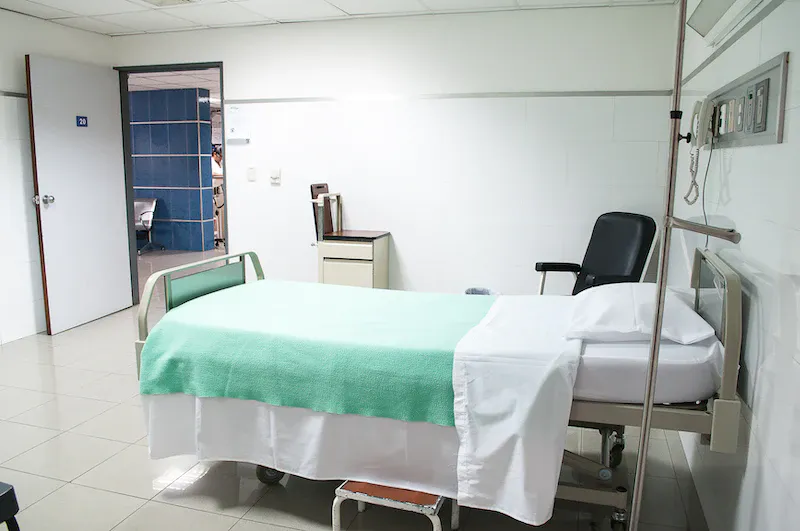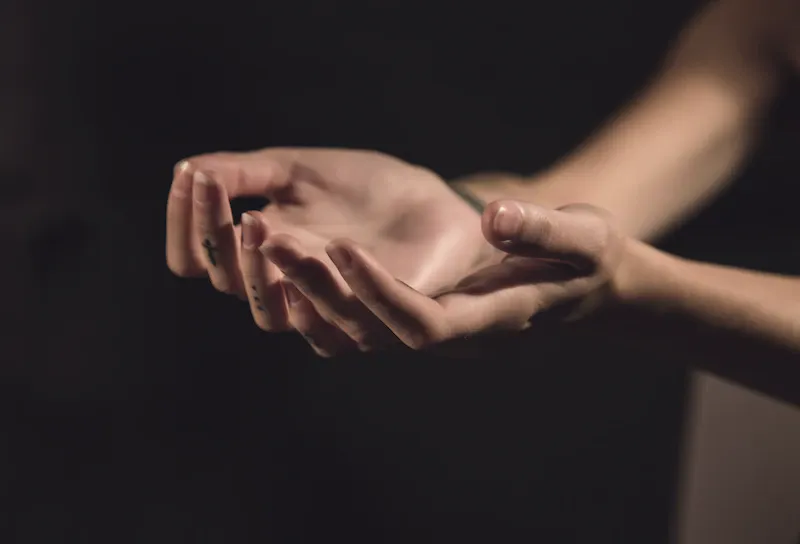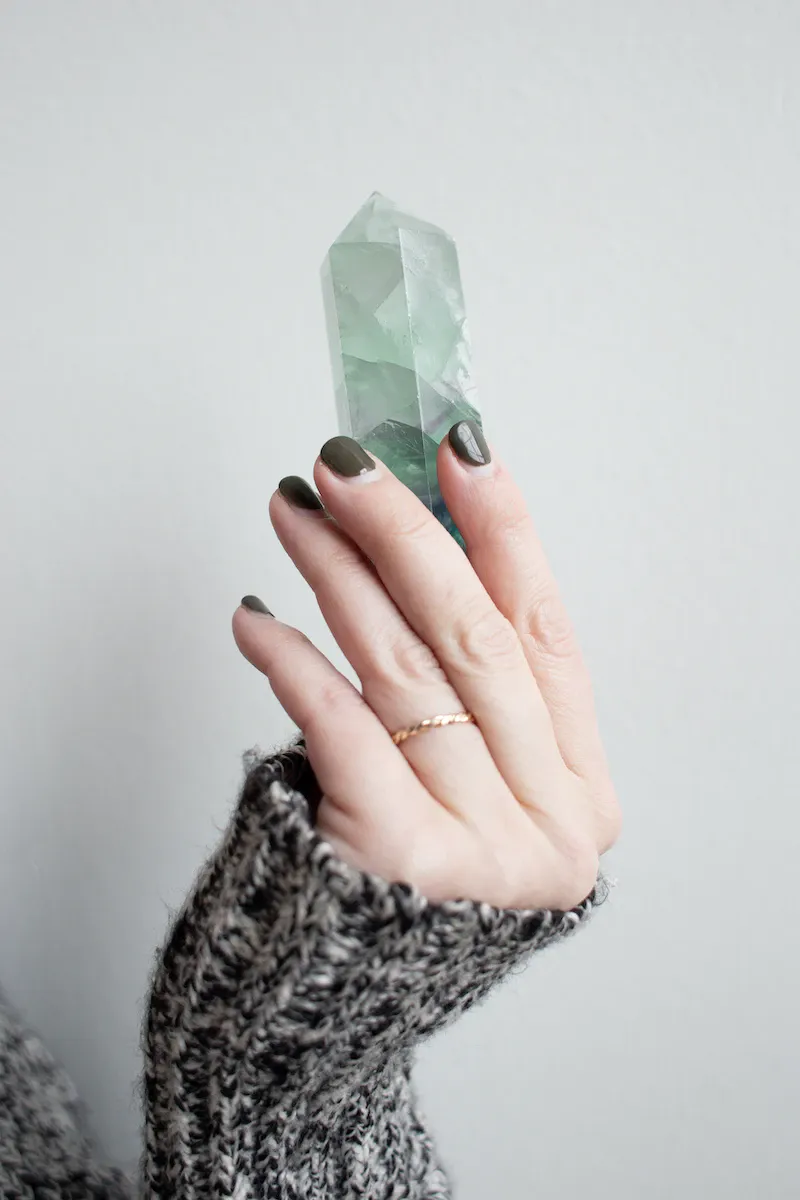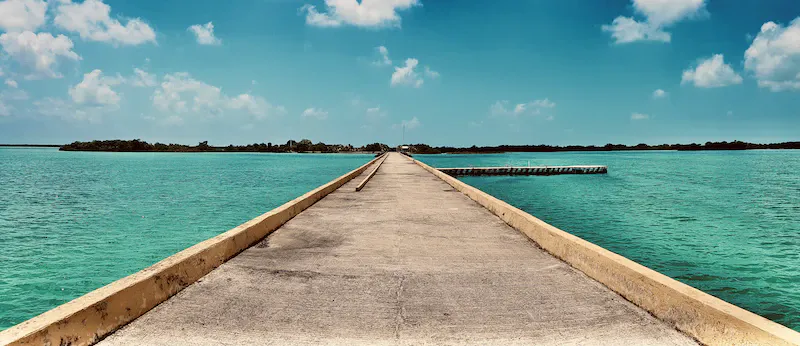Breaking the Silence: Overcoming Childhood Sexual Abuse

My Experience with Childhood Sexual Abuse
When I was a young child, I was sexually abused by someone who was supposed to protect me. It went on for years, but I didn’t know how to speak about it, because I didn’t understand what was happening to me. I was too young to have the language for it.
As I grew older, the weight of my secret grew heavier. I started to understand that what happened to me was wrong, but I was still too afraid to tell anyone. I didn’t want to cause any problems for my family, and I didn’t want to be judged or blamed.
But the burden of my silence became too much to bear. When I was in my 30s, I found myself standing in front of a closet full of expensive clothes and shoes, feeling broken and in need of fixing. I knew I had to reach out for help, and I called a suicide hotline.
The person on the other end of the line was gentle and understanding. They listened to me without judgement and congratulated me for having the courage to share my story. It was the first time I felt like my experience was valid and that I wasn’t alone.
It’s hard to speak about childhood sexual abuse, and it’s even harder to speak about it when you fear you won’t be believed or that you’ll be blamed. But I learned that the weight of our secrets can have devastating effects on our mental and physical health, and that speaking out is crucial to healing.
It’s important to remember that survivors of sexual abuse are not to blame for what happened to them. They are not responsible for stopping the perpetrator’s actions. It takes a lot of courage to share these stories, and it’s essential that we create safe spaces where survivors can speak out and feel supported.
My experience taught me that healing begins with telling, and I hope that my story can help others who may be struggling with their own trauma. Remember, you are not alone, and there is no shame in asking for help.
Understanding the Prevalence of Child Sexual Abuse
Child sexual abuse is a heartbreaking reality that affects far too many children. The prevalence of child sexual abuse is staggering, with studies indicating that approximately 93% of child molesters are people the child knows. This means that children are often abused by someone they trust, making it difficult for them to speak out.
Research indicates that there are approximately 62,000 reported cases of child sexual abuse each year, but experts believe that for every reported case, there are two that go unreported. This means that there could be as many as 42 million adult survivors of child sexual abuse in the United States.
One of the reasons why children and later adults don’t speak out about their experiences with child sexual abuse is because of the consequences they may face. Survivors are often blamed, punished, or even forced to run away from their homes. Meanwhile, the perpetrators may be allowed to remain in the home. This can create a sense of shame and isolation for survivors, leading them to keep their experiences hidden.
It’s important to remember that child sexual abuse can have devastating effects on survivors. The consequences of hiding the truth about child sexual abuse can cause chronic illnesses, psychological distress, and emotional and sociological effects. Survivors need to feel safe and supported in order to speak out about their experiences and begin to heal.
We all have a role to play in creating a safer space for survivors of child sexual abuse. We must listen to them without judgement, validate their experiences, and offer them encouragement and praise for their strength and courage. We need to understand that survivors are not to blame for what happened to them and that they did not choose to be victims.
It’s up to all of us to break the cycle of silence surrounding child sexual abuse. By creating safe spaces and offering support to survivors, we can help to prevent future generations from experiencing the pain and trauma of child sexual abuse.
My Journey as a Survivor of Childhood Sexual Abuse
Childhood sexual abuse can have a devastating impact on a person’s life, and I know this firsthand. When I was just four years old, my older brother sexually abused me. As a child, I had no language for what was happening to me, and I was too afraid to tell anyone.
Unfortunately, my experience is not unique. Studies indicate that the majority of child molesters are people the child knows, and many cases of child sexual abuse go unreported. This creates a cycle of silence and shame that can be incredibly difficult to break.
For me, the consequences of keeping my experience hidden were severe. I struggled with chronic illness and psychological distress, and I often felt isolated and alone. It wasn’t until I reached out for help that I began to heal.
I remember calling the suicide hotline on TV in a moment of desperation. The man who answered the phone was gentle and non-judgmental, allowing me to speak without interruption. It was the first time I had ever told anyone about the abuse I had experienced, and it was incredibly difficult.
But in that moment, I felt a sense of validation and support that I had never experienced before. It was a turning point for me, and I knew that I needed to continue speaking out and seeking help.
Over time, I began to find support from my family and friends. While it wasn’t easy to talk about my experiences with childhood sexual abuse, I found that by sharing my story, I was able to break down some of the barriers that had kept me silent for so long.
I believe that one of the most important things we can do for survivors of childhood sexual abuse is to create a safe space for them to speak out. We need to listen to their stories without judgement, offer validation and support, and help them to find the resources they need to heal.
While the journey of healing from childhood sexual abuse is a difficult one, it is possible. I encourage anyone who has experienced childhood sexual abuse to seek help and support, and to remember that they are not alone. By speaking out and breaking the cycle of silence, we can create a brighter future for ourselves and for future generations.
Why Survivors of Childhood Sexual Abuse Don’t Always Speak Up
When I was just four years old, I was sexually abused by my own older brother. It went on for years, and I never told anyone. I didn’t have the words to describe what was happening to me, and I didn’t think anyone would believe me even if I did.
Unfortunately, my story is not uncommon. Studies show that 93% of molesters abuse children they know, and for every reported case of child sexual abuse, experts believe that two more go unreported. In fact, it’s estimated that there are around 42 million adult survivors of childhood sexual abuse in the United States alone.
One reason survivors don’t speak up is because of the way people react when they do. Even well-intentioned responses can come across as unconscious bullying, such as telling someone to “just get over it” or not to talk about it too much. This can make survivors feel unworthy of support and contribute to their shame.
Another reason is fear of consequences. When I finally did tell my mother, she was devastated and guilt-ridden. But I was lucky that she believed me and supported me in getting help. Many survivors are not so fortunate and face blame, punishment, or even being forced to leave their homes.
But hiding the abuse can have devastating effects. Research shows that chronic illness and psychological, emotional, and sociological effects can occur when the abuse goes untreated. In fact, 84% of prison inmates and 75% of women in treatment programs report having been abused as children.
It’s important to create a safe and supportive environment for survivors to speak up and seek help. The way we react and speak to survivors can make a difference in whether they feel comfortable sharing their experiences. We should encourage them to focus on their survival traits like courage, strength, tenacity, and perseverance instead of blaming them for not stopping the crimes. And we should never underestimate the power of positive reinforcement and encouragement.
The Importance of Creating Safe Spaces for Survivors of Childhood Sexual Abuse
When I was a child, I experienced sexual abuse at the hands of my own brother. It took me years to work up the courage to talk about it, but when I finally did, I was met with disbelief, blame, and punishment. I discovered that my experience was not uncommon, and that many survivors of childhood sexual abuse face similar reactions when they share their stories.
According to studies, there are about 62,000 cases of child sexual abuse reported every year, but experts agree that for every one report, two go unreported. This means that there are approximately 42 million adult survivors of childhood sexual abuse in the United States. The consequences of not speaking out about this issue can be devastating, leading to chronic illness and psychological, emotional, and sociological effects.
As survivors, we need safe spaces where we can share our experiences without judgment or interruption. Unfortunately, many survivors are met with uncomfortable sympathy or negative statements, such as “just get over it.” These reactions can contribute to feelings of shame and unworthiness of support.
It’s crucial that we create safe spaces where survivors can share their stories and feel validated and supported. Positive statements and encouragement, such as “I’m proud of you for sharing your story,” can make a significant impact on a survivor’s healing process.
It’s also important to be aware of how we react and speak to survivors. It can be challenging to hear stories about childhood sexual abuse, but it’s crucial that we respond with compassion and support instead of blame or disbelief.
In conclusion, we must prioritize creating safe spaces for survivors of childhood sexual abuse to share their experiences and feel heard and validated. By doing so, we can help survivors heal and prevent future generations from facing the same trauma.
Childhood Sexual Abuse: Why It’s Important to Speak Up
As a survivor of childhood sexual abuse, I know firsthand how difficult it can be to speak up about such a traumatic experience. When I was just four years old, my older brother stole my innocence and I had no language for what was happening. It wasn’t until years later, standing in front of a closet full of expensive clothes and shoes, that I realized the devastating impact that abuse had on my life.
I struggled to find the perfect outfit for an event and broke down in tears. I felt broken and in need of help. It was then that I saw a suicide hotline on TV and reached for the phone. The man on the other end was calming, gentle, and allowed me to speak without interruption or judgment. It was the first time I had ever told anyone about my abuse.
But sharing our stories can be difficult, especially when the reactions of others are not always supportive. Many survivors are afraid of not being believed, blamed, or punished for speaking up. When I went to counseling, I discovered that some of my sister’s survivors were not believed and were even kicked out of their homes. This makes it difficult for survivors to seek help and get the support they need.
It’s important to remember that child sexual abuse is not always stranger danger. In fact, 93% of abusers are people that the child knows. Studies have found that for every reported case, two go unreported. This means that there are likely millions of adult survivors in the United States alone.
As a society, we need to be aware of the harmful impact of conscious and unconscious bullying, which keeps many survivors from telling their stories. Negative statements can make survivors feel unworthy of support and contribute to their shame. It’s important to create a safe space where survivors can speak up without fear of judgment.
The consequences of not speaking up about childhood sexual abuse can be devastating. Research shows that hiding this horrible truth can cause chronic illness and devastating psychological, emotional, and sociological effects. By encouraging survivors to speak up and seek help, we can help prevent future generations from experiencing the same trauma. Remember, healing begins with telling, and it’s up to all of us to create a supportive and safe environment for survivors to do so.
Understanding Childhood Sexual Abuse: My Experience
It’s not easy for me to talk about my experience with childhood sexual abuse. For many years, I kept this painful secret to myself, buried deep down inside. It wasn’t until I reached adulthood and started therapy that I realized the true impact of what had happened to me.
Growing up, I had always felt uncomfortable around certain family members, but I couldn’t quite put my finger on why. It wasn’t until I was a teenager that I started to understand what had happened. I had been sexually abused by a family member for several years, starting at a very young age.
At the time, I didn’t have the words to describe what was happening to me. I didn’t know that what I was experiencing was wrong, and I didn’t know who to turn to for help. As a result, I suffered in silence for many years.
It wasn’t until I started therapy that I began to understand the impact that this abuse had on me. I struggled with anxiety and depression, and I found it difficult to form close relationships with others. I also had trouble trusting people and often felt ashamed of myself.
Over time, however, I’ve come to realize that what happened to me was not my fault. I was a child, and I couldn’t have known any better. While it’s still difficult to talk about, I know that sharing my story can help others who may be going through similar experiences.
If you or someone you know has experienced childhood sexual abuse, know that you are not alone. There is help available, and you deserve to heal from this trauma. It may take time and effort, but with the right support, you can find a way to move forward and reclaim your life.
Understanding Childhood Sexual Abuse: My Experience
Childhood sexual abuse is a traumatic experience that can have long-lasting effects on a person’s mental and emotional wellbeing. As someone who experienced it myself, I know firsthand the devastating impact it can have.
The abuse started when I was very young, and it continued for a number of years. At the time, I didn’t understand what was happening to me, and I didn’t feel like I could tell anyone. The person who was abusing me was someone I trusted and cared about, and I was afraid that if I told anyone, they wouldn’t believe me, or worse, that they would blame me.
As I got older, I started to realize that what had happened to me wasn’t my fault, but that didn’t make the pain and trauma any easier to deal with. I struggled with feelings of shame and guilt, and I found it difficult to trust people.
It took me a long time to find the courage to talk about what had happened to me, and even longer to seek professional help. But with the support of friends and family, as well as therapy, I was able to start healing.
One of the most important things I learned was that I didn’t have to carry the burden of the abuse alone. There are resources and support available for survivors of childhood sexual abuse, and it’s important to know that you don’t have to go through it alone.
If you or someone you know has experienced childhood sexual abuse, it’s never too late to seek help. There are trained professionals who can provide support and guidance, and there are organizations that specialize in helping survivors of abuse.
Remember, healing is possible, and you deserve to live a happy and fulfilling life free from the trauma of abuse.
Conclusion
Childhood sexual abuse can have devastating and long-lasting effects on an individual’s physical and emotional well-being. Survivors of childhood sexual abuse often experience feelings of shame, guilt, and low self-worth, which can lead to mental health issues such as depression, anxiety, and post-traumatic stress disorder (PTSD). It is important to recognize that survivors of childhood sexual abuse are not alone and that there are resources available to help them heal.
If you are a survivor of childhood sexual abuse, please know that it was not your fault, and you are not alone. It takes immense strength and courage to come forward and seek help. There are many organizations and support groups that offer confidential and non-judgmental assistance to survivors of sexual abuse. Remember that healing is a journey and it is okay to take it at your own pace.
As a society, it is important for us to break the silence surrounding childhood sexual abuse and have open and honest conversations about this issue. By raising awareness and providing support to survivors, we can work towards creating a safer and more compassionate world for everyone.




